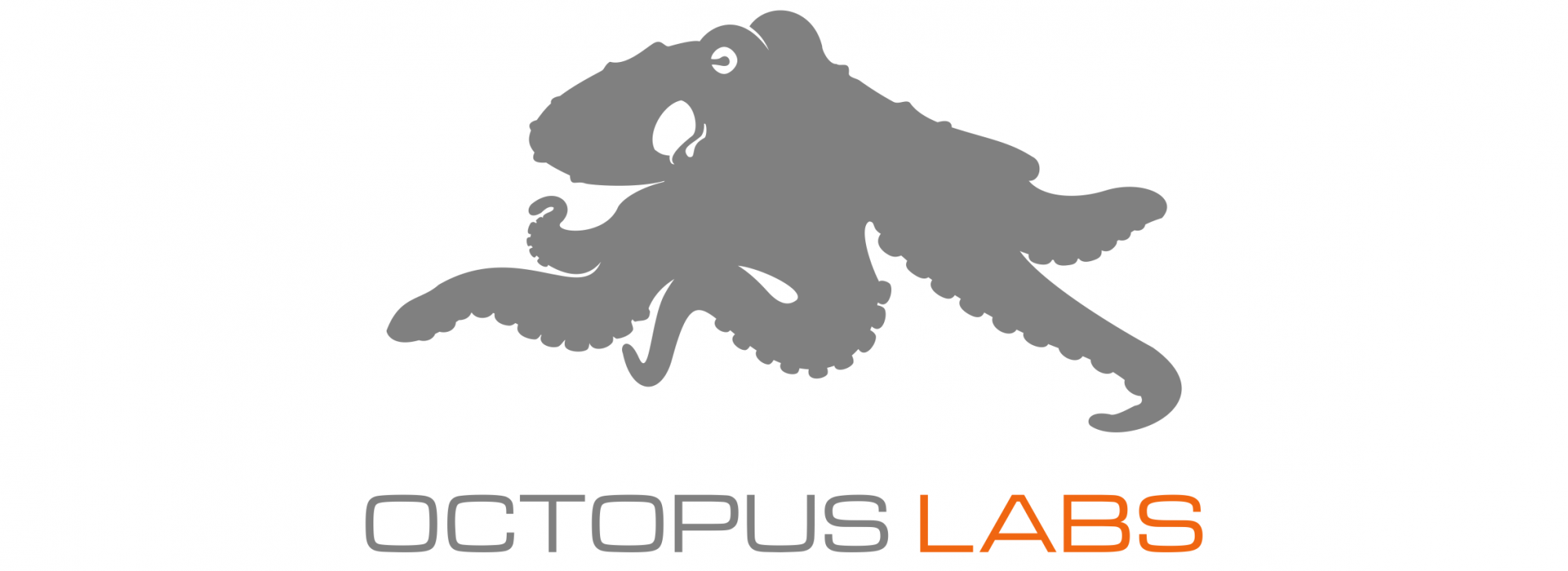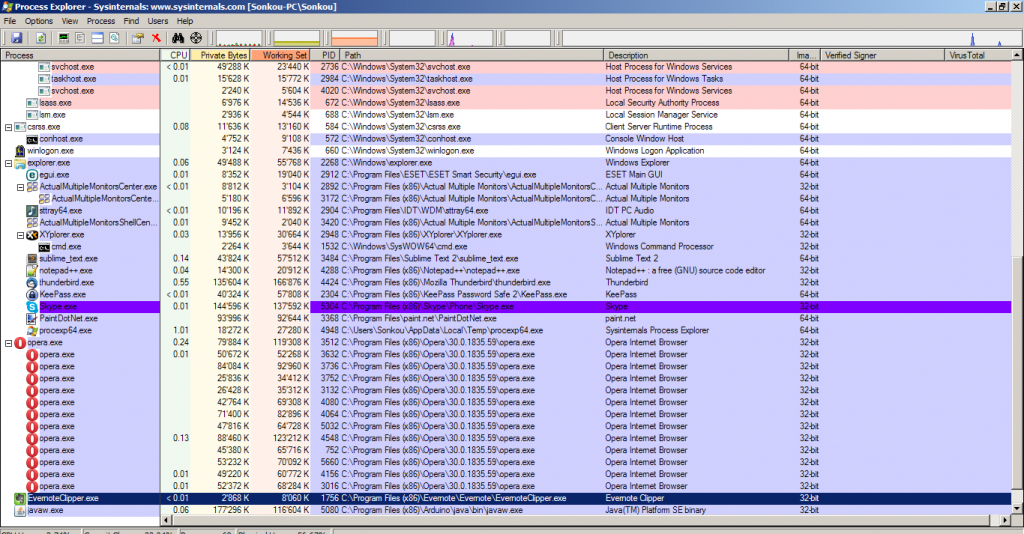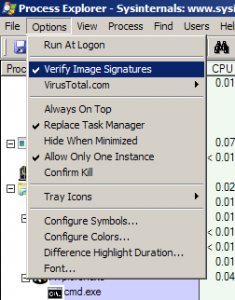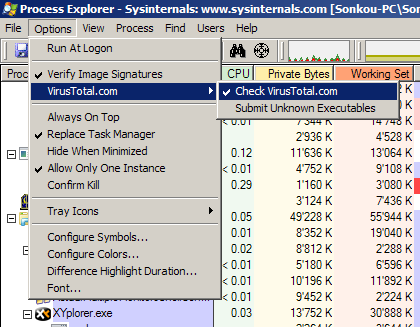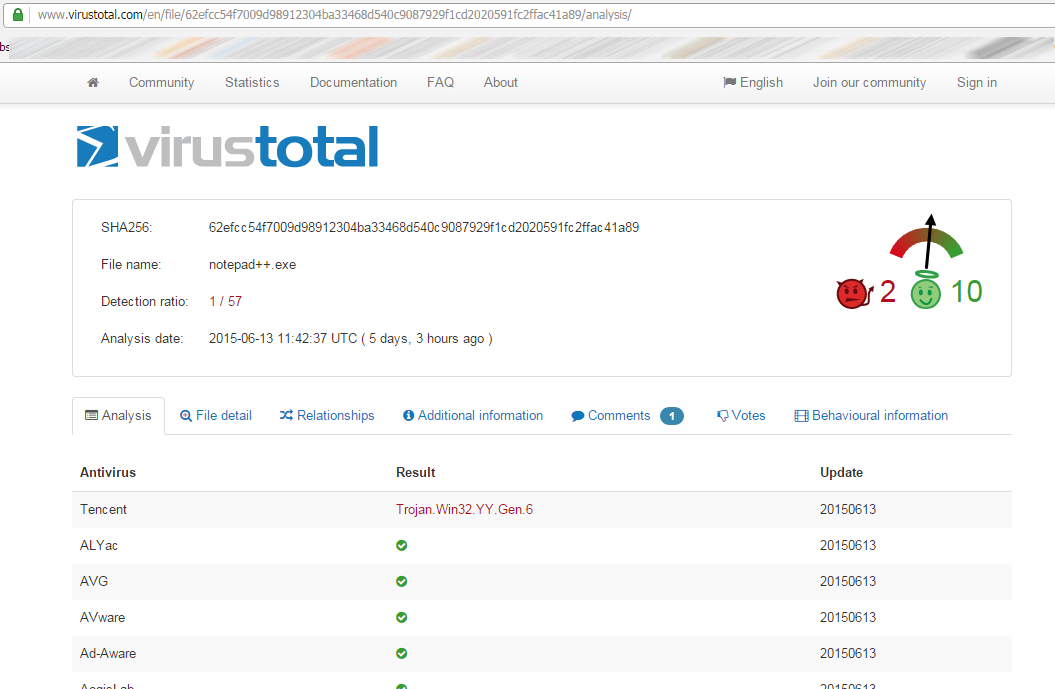Things to optimize are:
- server connection time
- time to first byte
- number of server requests
- total size of downloaded content
Before you start optimizing, test your site's performance using https://tools.keycdn.com/performance
- Request to server
- DNS request
- Here it's probably interesting to switch to a CDN because they usually have faster DNS servers than the standard providers.
- connect to server
- SSL handshake
- DNS request
- Server processing
- i/o and memory
- httpd
- php
- mysql
- load and execute wordpress
- load and execute themes and active plugins
- server gives response to client (time to first byte)
- update apache to the latest version, something like 2.4.x. to check your version httpd -v
- add caching plugin to wordpress W3 total cache
- page cache enable - disk enhanced
- minify disable - modpagespeed will do that
- Opcode Cache enable - zend opcache (enable it in php.ini by uncommenting zend_extension=opcache)
- Database cache enable - disk
- Object cache enable - disk
- Browser cache disable - modpagespeed will do that
- Fragment cache enable - disk
- add modpagespeed to site
- ...
- move to http/2 https://icing.github.io/mod_h2/howto.html
- in http.conf, uncomment
LoadModule http2_module modules/mod_http2.so<IfModule http2_module>
LogLevel http2:info
</IfModule> - in virtual hosts, add this
# for a https serverProtocols h2 http/1.1# for a http server
Protocols h2c http/1.1 - An additional requirement is that no cipher from a specified black list may be used. An acceptable Apache SSL configuration regarding this is:
SSLCipherSuite ECDHE-RSA-AES128-GCM-SHA256:ECDHE-ECDSA-AES128-GCM-SHA256:ECDHE-RSA-AES256-GCM-SHA384:ECDHE-ECDSA-AES256-GCM-SHA384:DHE-RSA-AES128-GCM-SHA256:DHE-DSS-AES128-GCM-SHA256:kEDH+AESGCM:ECDHE-RSA-AES128-SHA256:ECDHE-ECDSA-AES128-SHA256:ECDHE-RSA-AES128-SHA:ECDHE-ECDSA-AES128-SHA:ECDHE-RSA-AES256-SHA384:ECDHE-ECDSA-AES256-SHA384:ECDHE-RSA-AES256-SHA:ECDHE-ECDSA-AES256-SHA:DHE-RSA-AES128-SHA256:DHE-RSA-AES128-SHA:DHE-DSS-AES128-SHA256:DHE-RSA-AES256-SHA256:DHE-DSS-AES256-SHA:DHE-RSA-AES256-SHA:!aNULL:!eNULL:!EXPORT:!DES:!RC4:!3DES:!MD5:!PSK SSLProtocol All -SSLv2 -SSLv3
- restart apache and test it: https://tools.keycdn.com/http2-test or chrome://net-internals/#http2
- in http.conf, uncomment
- change apache from mpm_prefork to mpm_worker/mpm_event
- check apache server mpm type using httpd -V
- install php-fpm package
- start php-fpm service
- edit httpd.conf and switch to event or worker
LoadModule mpm_event_module modules/mod_mpm_event.so
#LoadModule mpm_prefork_module modules/mod_mpm_prefork.so
#LoadModule mpm_worker_module modules/mod_mpm_worker.so - uncomment
LoadModule proxy_module modules/mod_proxy.so
LoadModule proxy_fcgi_module modules/mod_proxy_fcgi.so - create new httpd config file php-fpm.conf
DirectoryIndex index.php index.html
<FilesMatch \.php$>
SetHandler "proxy:unix:/run/php-fpm/php-fpm.sock|fcgi://localhost/"
</FilesMatch> - include it at the bottom of httpd.conf
Include conf/extra/php-fpm.conf - restart services php-fpm and httpd
- get rid of not used apache modules. to check which modules are used httpd -M
- check apache workers count and memory usage httpd-mpm.conf
- get rid of unnecessary wordpress plugins
- speed can be tested with xdebug
- install xdebug
- edit /etc/php/conf.d/xdebug.ini
zend_extension="/usr/lib/php/modules/xdebug.so"; profiler https://xdebug.org/docs/profiler
xdebug.profiler_enable_trigger = 1
xdebug.profiler_enable_trigger_value = "test"
xdebug.profiler_output_dir = "/var/log/xdebug"
xdebug.profiler_output_name = "callgrind.%s.%H" - systemctl restart httpd
systemctl restart php-fpm - You can test if xdebug is working with the following code in a php file:
function test()
{
echo "Called @ ".xdebug_call_file().
":".xdebug_call_line()." from".
xdebug_call_function();
}test();
- to test the profiler https://octopuslabs.io/blog/?XDEBUG_PROFILE=test
references: https://www.tecmint.com/apache-performance-tuning/
https://www.digitalocean.com/community/tutorials/how-to-optimize-apache-web-server-performance
